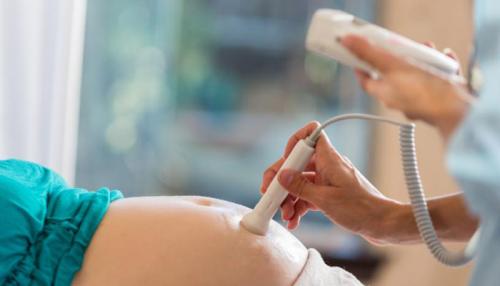
Surrogacy, better known as "womb for rent", is a matter that the Spanish government intends to address during this parliamentary term. This was announced by Spanish Minister of Justice, Rafael Catalá, who stated that sooner or later the government will have to begin to regulate this new social reality.
The initiative is supported by the Ethics and New Clinical Practices Group of the Spanish Fertility Association (SEF), which has drafted a proposal for regulating surrogacy. The document was presented at the most recent SEF conference, which was held in May 2016 in Malaga, and received collaboration from doctors, reproduction biologists, psychologists, nurses, experts in bioethics and lawyers specialising in the field of health law.
The practice is illegal at the moment in Spain, but not in other countries, such as the US (in some states), India or Ukraine, which is where Spanish people who wish to have a child go. But, how should it be regulated? The Minister of Justice said that the matter is "delicate" and has not made it clear just how far the government will go in this area, although he has drawn a thick red line: no money can be exchanged between the surrogate and the person or couple that make use of surrogacy because Spanish law does not allow any gain to be made from any type of donation.
However, this does not mean that there cannot be any type of compensation for inconvenience, including, for example, medical expenses, paid by the intended parents to the surrogate. However, in this case, the government should define standard regulations to determine the amount of this compensation in a transparent manner, as indicated by the SEF Ethics and New Clinical Practices Group in its proposal.
Experts believe that surrogacy should be considered as a "last resort" and should only be justified when the couple or person seeking a surrogate has a duly documented medical condition or a situation of structural sterility (male homosexual couple or a man without a partner). The surrogate should meet age requirements (18 to 35 years old), have full capacity to act and good mental and physical health, must have already given birth (so that she is aware of what lies ahead), must not suffer from any transmissible diseases and must have enough financial resources to dismiss the possibility of "professionalisation". The woman who offers her womb as a surrogate must have the "agreement" of her partner if she is married or co-habiting.
Link to article on our website
Link to La Vanguardia







